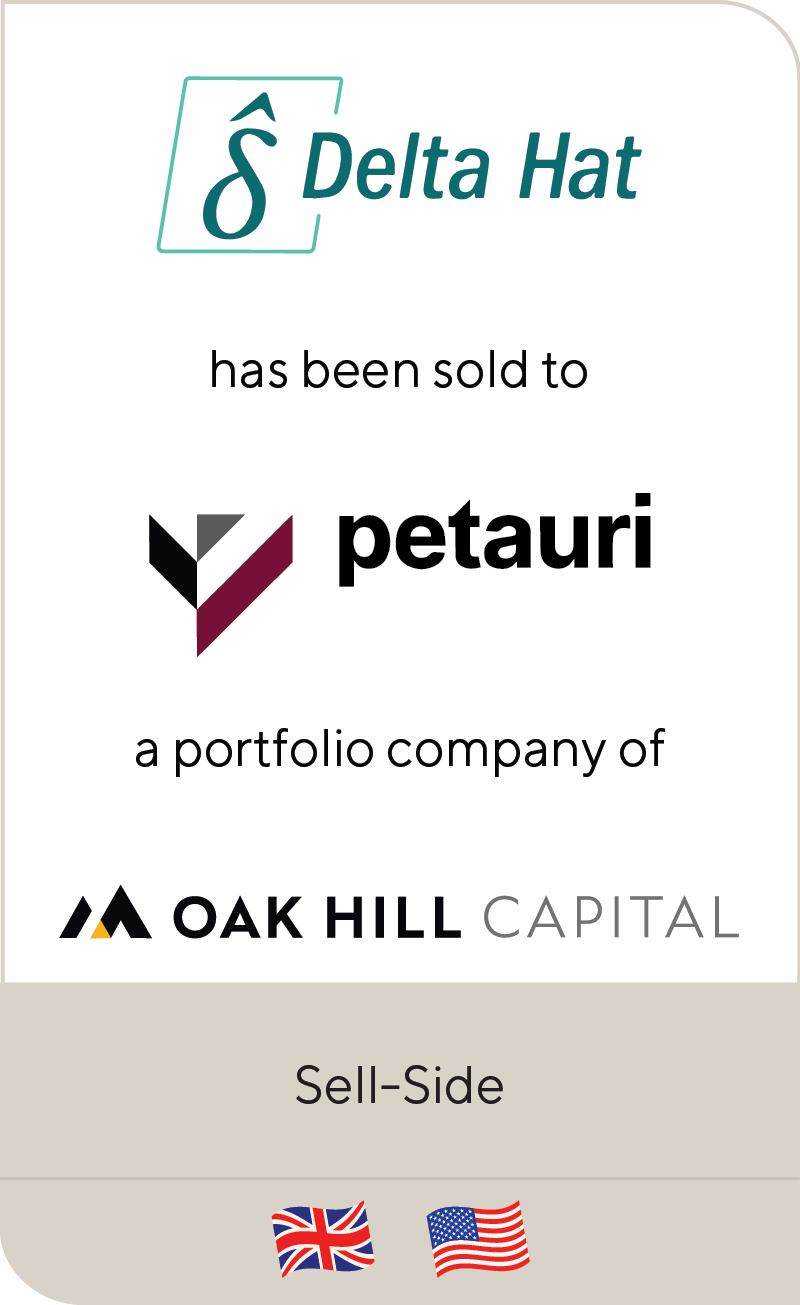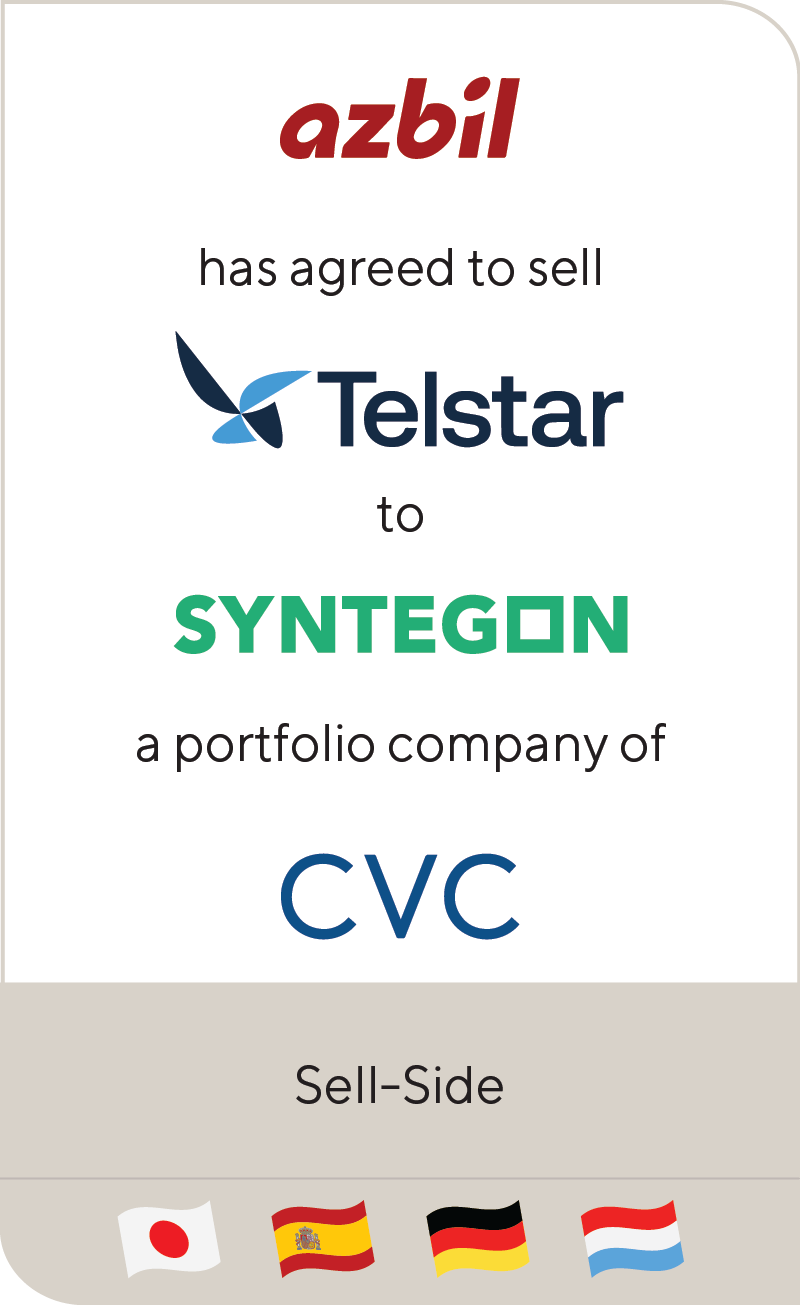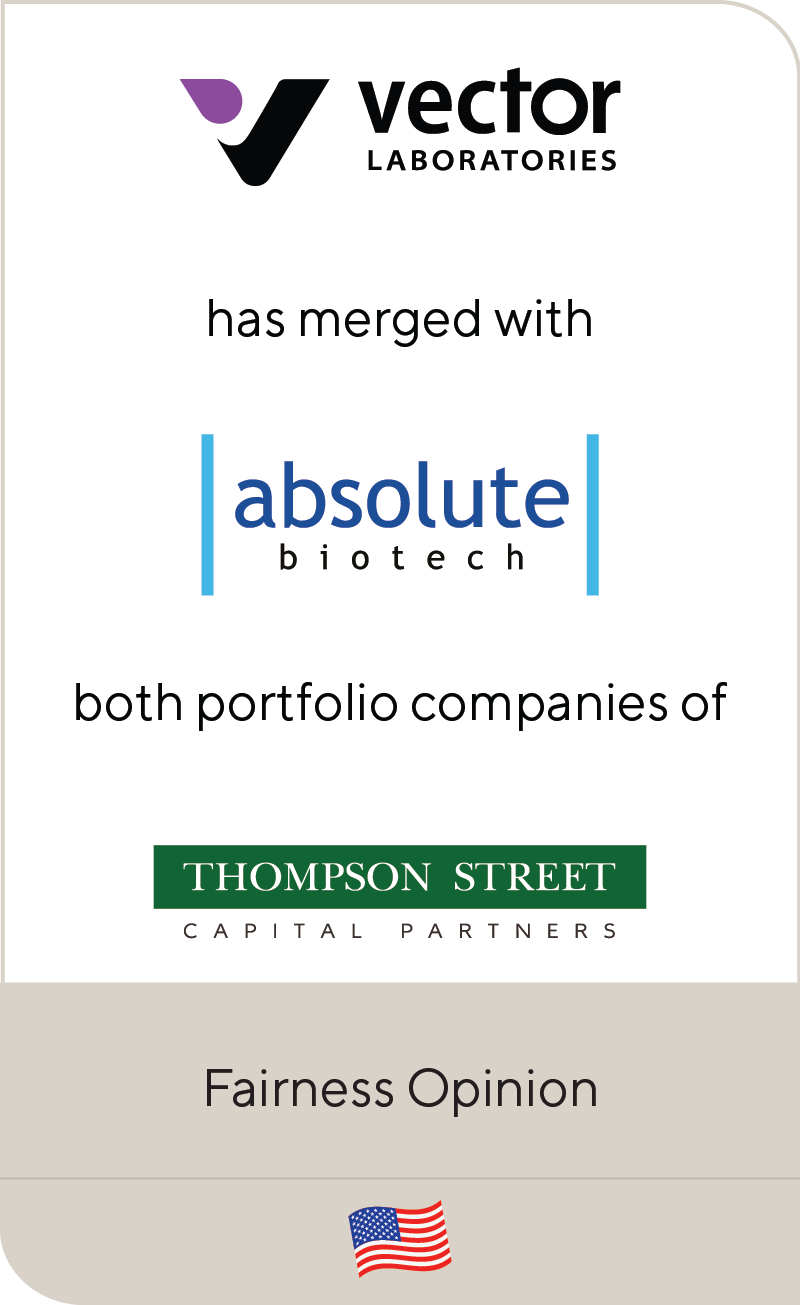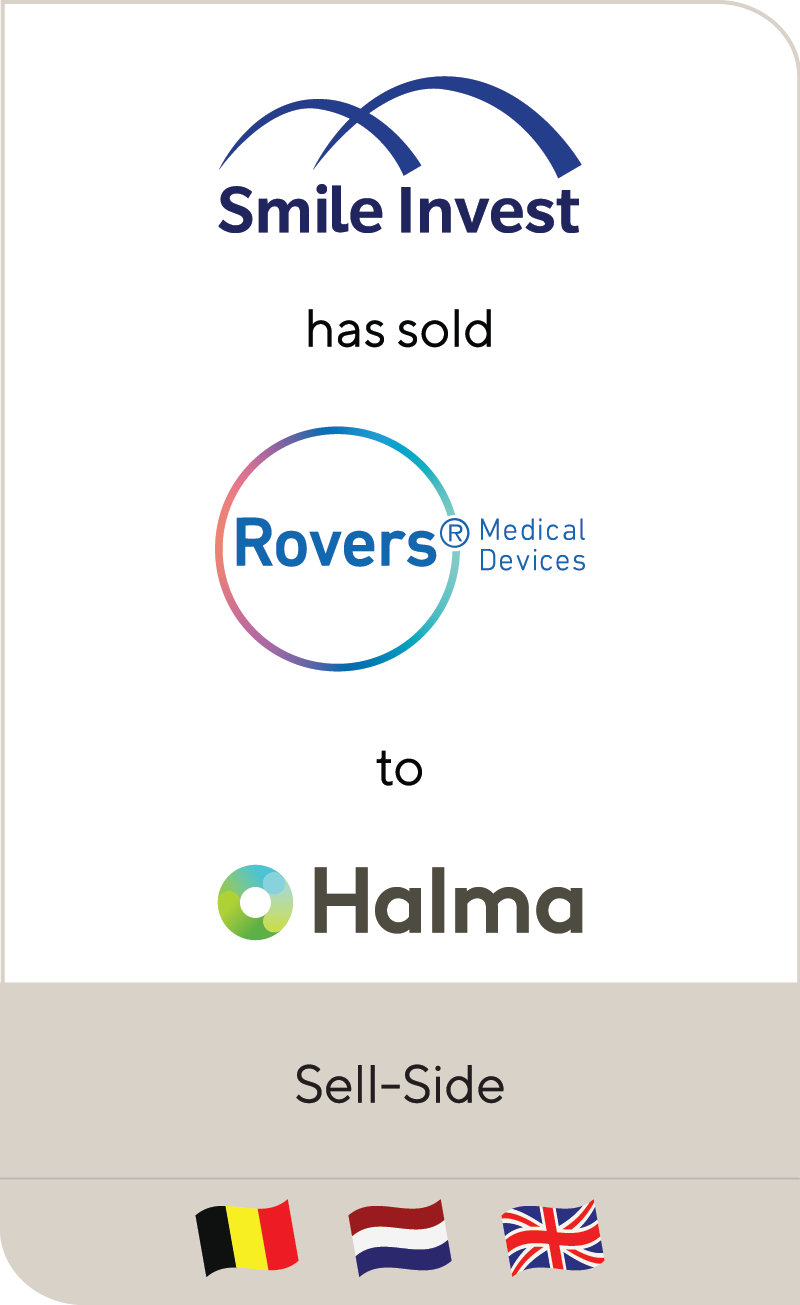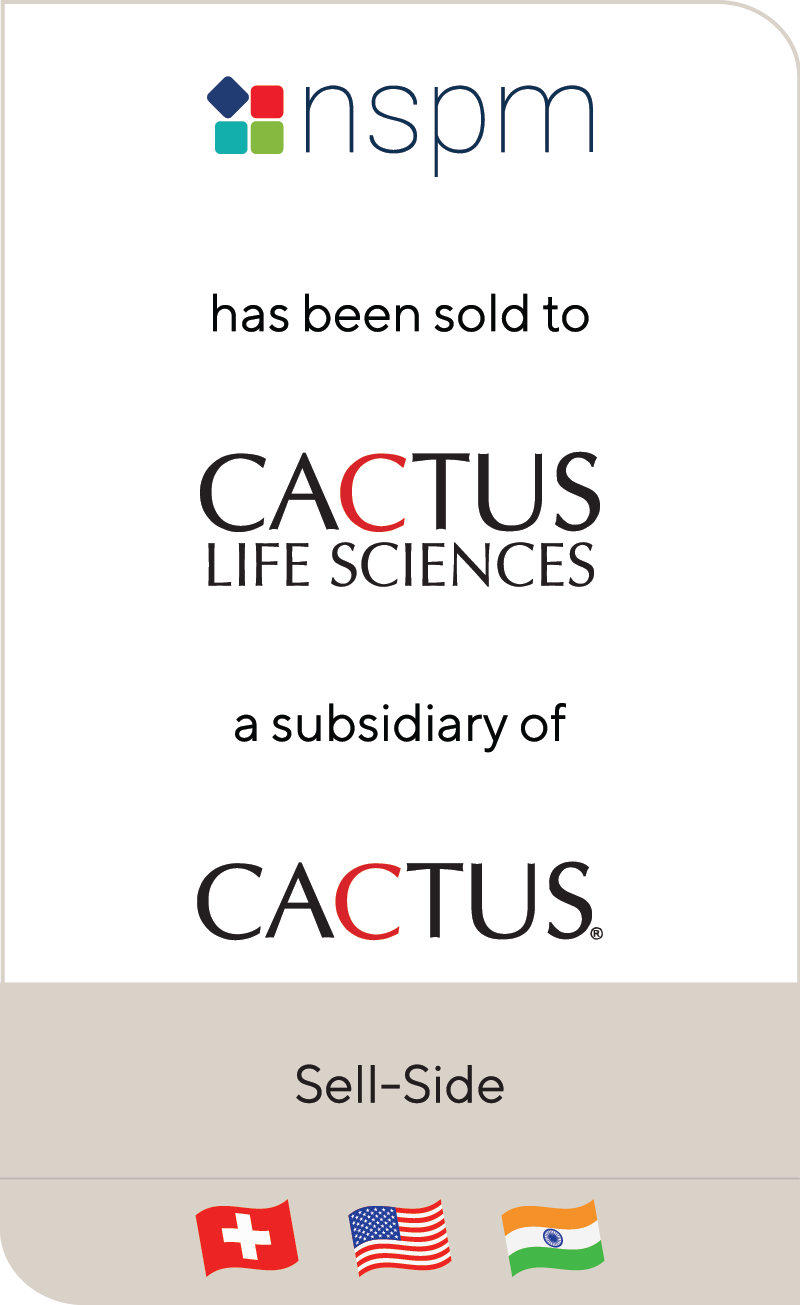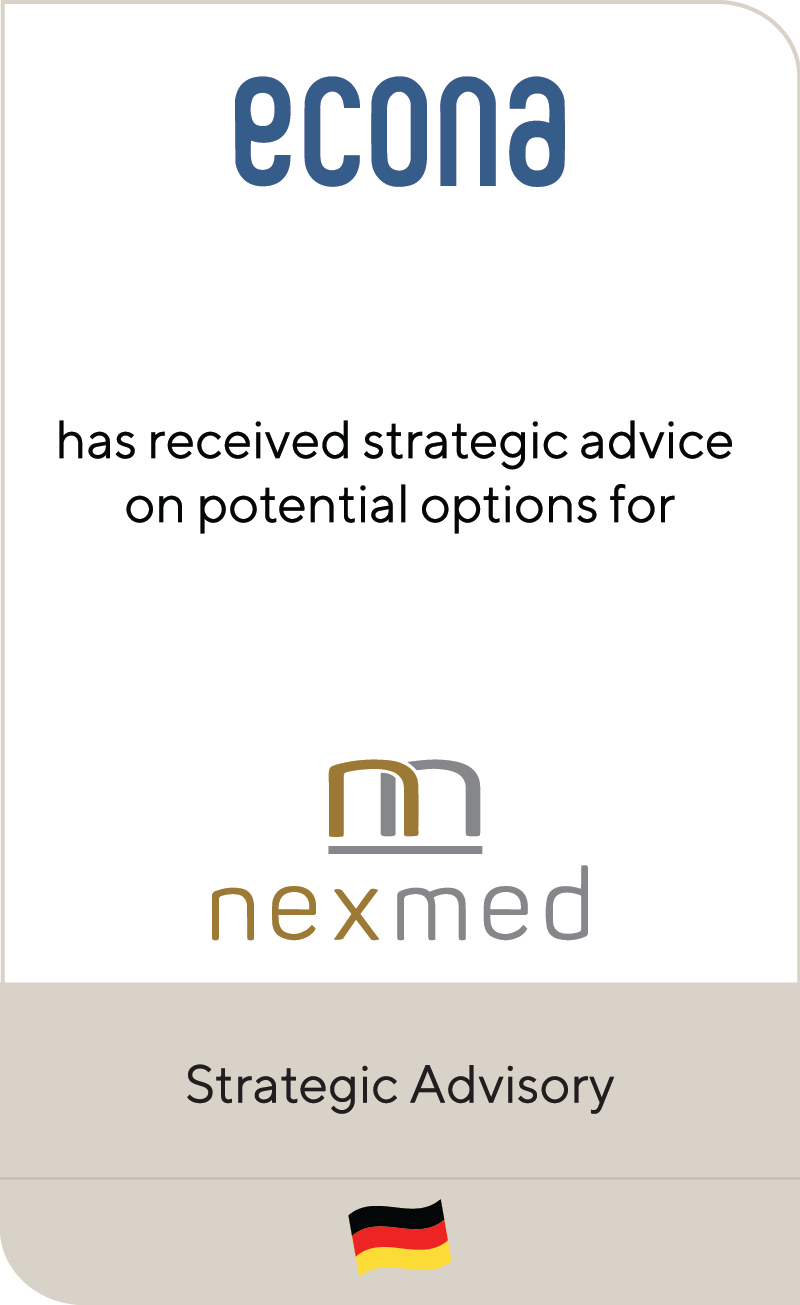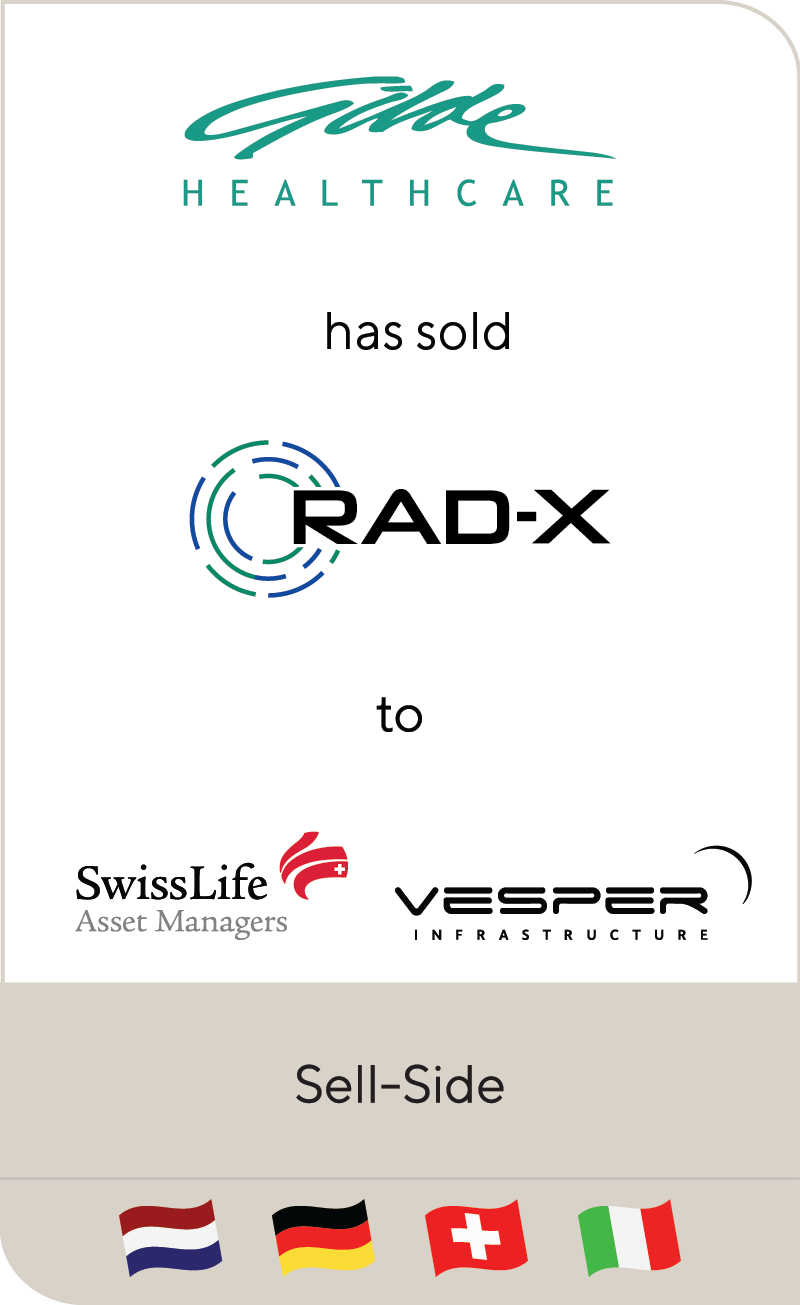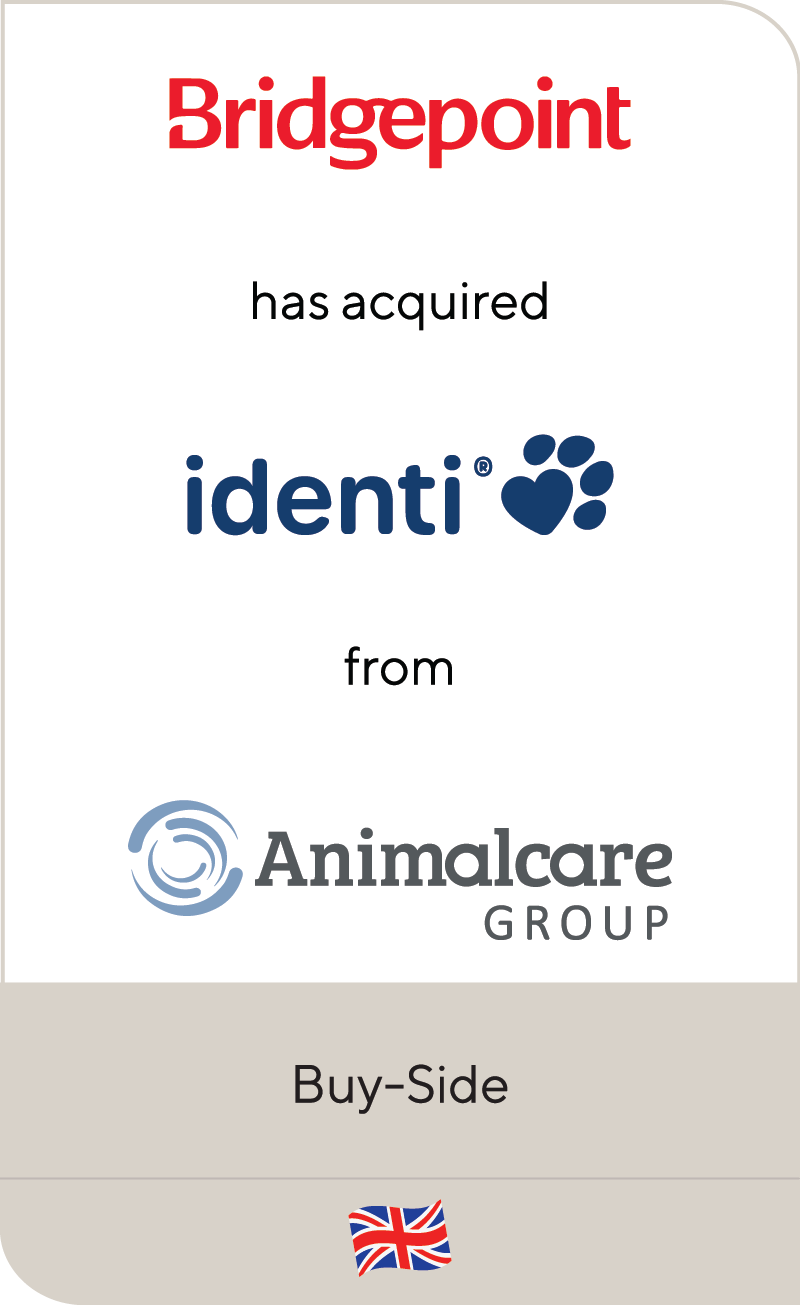Animal Health Players Pursue Vertical Integration as a Path to Growth
Nov 2021
Animal health businesses that have established a strong presence within their area of expertise, may be considering where the next best path to growth lies. While cross-border expansion and consolidation is one possible way forward, another option is to explore targets outside their core business and pursue a vertical integration strategy.
In 2020, the global animal health market was valued at $45.4 billion and is expected to grow at a 9% CAGR from 2021 to 2028. Within this global market, opportunities in pharmaceuticals, hospitals, feed, technology and more are ripe for investment as players consider the best vertical integration strategy.
Within the animal health sector, the pharmaceutical market is dominated by four large players: Zoetis, Merck, Boehringer Ingelheim and Elanco. Given the size of each of these companies, they face challenges when looking to grow by making acquisitions within their core segments due to antitrust laws. To continue growing without facing regulatory scrutiny, these companies are pursuing unique expansion strategies.
For example, Zoetis moved outside its core pharmaceutical business to acquire Abaxis, a diagnostic technology company. This acquisition allowed Zoetis to provide additional products and services to its veterinarian customers. Subsequently, Zoetis acquired a small, U.K.-based, vet-to-client communication platform, called Virtual Recall. This acquisition increased Zoetis’ access and connection to veterinarians via support services to clinics, enhancing compliance, education and engagement by the pet owner with their clinic, as well as the Zoetis brand among veterinarians.
Distributors are in a similar position. Covetrus, MWI Animal Health and Patterson, who dominate the distribution space, will also need to explore outside their sector to continue their growth. Earlier in 2021, Lincoln International worked as the financial advisor for Covetrus as it worked to acquire VCP, a market leading platform in veterinary wellness plan administration. With this acquisition, Covetrus can now provide its clients with unique wellness plans to meet the needs of each animal and pet parent.
Beyond the pharmaceutical and distribution subsectors, veterinary hospitals can also benefit from exploring vertical integration strategies. Presently, the activity in the sector parallels the consolidation that occurred in the human healthcare industry in the 1990s. This activity has piqued the interest of private equity firms, who have poured capital into veterinary hospital chains in recent years.
However, private equity investors are presented with challenges in maintaining profitability within animal hospital platforms, including:
Veterinarian staffing
In the U.S. and U.K. veterinarian hospitals are understaffed. From the demand for after hours care to the rising numbers of companion animals adopted during the pandemic, there are simply too many pets and not enough veterinarians. In the U.K., the number of new veterinarians registering to work is down to as few as 20 per month, a significant decrease from the 80 to 100 per month registering in years past. Across the globe, approximately half of veterinarian technicians burn out of the profession within their first five years.
Rising valuations
As more private equity buyers show interest in acquiring veterinary hospital chains, competition for assets is at an all-time high. Given the number of interested buyers in the market, valuations are expected to continue increasing.
Efficiency and technology
COVID-19 accelerated the already emerging trend of the industry embracing technological innovation. Ideally, this integration of technology will increase efficiency within clinics and better meet the needs of both pet parents and clinicians. Virtual consultations were the only option for pet parents, outside of emergencies, in the U.K. and several European countries during the pandemic. If hospitals don’t embrace such technology they will lose market share.
Summary
-
Lincoln International's healthcare experts explore the animal health and veterinary market.
- Click here to download a printable version of this perspective.
- Sign up to receive Lincoln's perspectives
| Spotlight on the Indian Market
In India, the animal healthcare market is largely focused on the production and consumption of animals within the agricultural sector. Unlike North America and Europe, large animal health players have yet to emerge in the Indian market. As the number of companion animals in the country grows, Lincoln expects to see more clinic and hospital players appear, followed by consolidation by private equity and corporate buyers. Leading corporations, such as Mars and Nestle, are already present in India in the pet food market. However, other players in the space are left to wonder: how long will it be before these leading companies move into the clinics space? An early entrant in the space, Heads Up For Tails, started as a pet retail platform and is rapidly moving into the clinics space, getting a head start over their competitors as activity in the market takes off. To support its ambitions, the business recently raised growth capital from blue-chip investors Verlinvest and Sequoia Capital India. |
LINCOLN PERSPECTIVE
Acquiring targets outside its core business can be key to scaling an animal health company. For both private equity and strategic investors interested in this market, items to consider related to vertical integration include:
Embracing Technology
Technology provides veterinarian hospitals the opportunity to streamline operations and offer a broader range of services, elevating client and employee experiences as well increasing profitability. Veterinarian hospitals and their private equity owners are increasingly implementing technology solutions. Technology integration is quickly becoming table stakes. Small Door, a technology-enabled, veterinary clinic, in New York, New York, recently raised $20 million in financing to open new locations in the coming years. Looking at virtual consultation developments, corporate veterinarian service providers have pursued deals, such as Europe’s IVC Evidencia acquiring PawSquad and Lincoln selling the Vet Connection to Pets At Home Plc. In both deals the buyers sought to acquire a key value enhancer for clinics and service offering for pet parents, while providing flexibility to working veterinarian practices leveraging such platforms.
Expand Employment
The shortage of veterinarians remains a pressing issue for the animal health industry. To combat this challenge, an acquisition of a staffing agency could help streamline the matching of available veterinarians to hospitals in need and preemptively predict when hospitals will require additional staff.
Foster Innovation and Establish a Robust Research and Development Pipeline
Large pharmaceutical players in animal health are increasingly focused on acquiring platforms to help drive innovation and expand their research and development (R&D) pipelines. For example, Elanco’s acquisitions of Kindred Biosciences and Aratana Therapeutics are recent instances of a large pharmaceutical player expanding its R&D capabilities through targeted acquisitions.
Contributors

It’s extremely rewarding to work in one of the largest and most diverse global business sectors helping support clients to realize their goals.
Matthew Lee
Managing Director, Head of UK & European Co-head of Healthcare
London
My goal is to bring the best of Lincoln to each and every transaction, ensuring the topmost outcomes for our clients.
Roderick O’Neill
Managing Director & U.S. Co-head of Healthcare
New YorkMeet Professionals with Complementary Expertise

It’s extremely rewarding to work in one of the largest and most diverse global business sectors helping support clients to realize their goals.
Matthew Lee
Managing Director, Head of UK & European Co-head of Healthcare
London
I enjoy working closely with clients to overcome challenging situations and to develop strategies to meet their business goals.
Dirk-Oliver Löffler
Managing Director & Europe Co-head Healthcare
Frankfurt
My goal is to bring the best of Lincoln to each and every transaction, ensuring the topmost outcomes for our clients.
Roderick O’Neill
Managing Director & U.S. Co-head of Healthcare
New YorkRelated Perspectives

Investors in Healthcare | Q&A with Lincoln Professionals
Originally posted by Investors in Healthcare on July 25, 2024. Lincoln International, the U.S.-headquartered global investment banking advisor, is a well-known name in the European healthcare markets, providing advice to… Read More

Outlook in the EU: PE has Ophthalmology Sector in its Sights
Across Europe, private clinics and specialist outpatient healthcare providers such as ophthalmology practices have seen a wave of consolidation, which has led to the emergence of several pan-European and more… Read More

Real Deals | Maintaining Momentum: The Outlook for M&A in the Healthcare Sector
Originally posted by Real Deals on May 31, 2024. RD: Which sub-sector of healthcare is currently attracting the most investment? Dirk-Oliver Löffler: Provider business is still one of the core… Read More

PETS International | Consolidation Meets Regulation in the Veterinary Clinics Market
Originally posted by PETS International on April 5, 2024. Animal health is becoming a big business in Europe and the U.S. Thus, regulators are turning a closer eye to mergers… Read More










